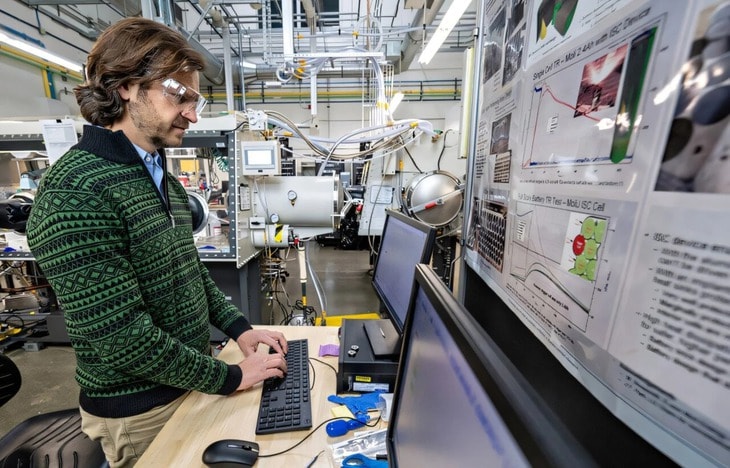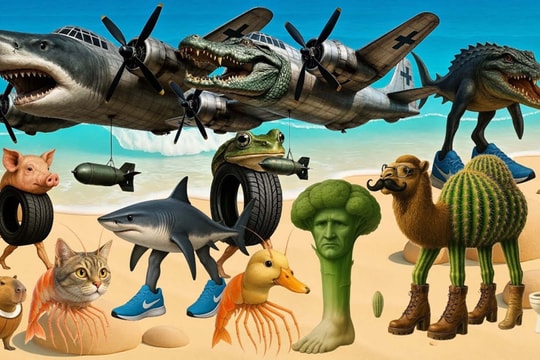Academic Scandal: Hundreds of Thousands of Scientific Papers Found to Be Generated by AI?
A newly published study has shocked the academic world by revealing that there may have been hundreds of thousands of scientific papers written in whole or in part using AI.
The study, published in the prestigious journal Science Advances, developed an extremely sophisticated method of language analysis. The researchers identified 454 characteristic words that are commonly used by large language models (LLMs) like ChatGPT.
These words include “garnered,” “encompassing,” “burgeoning,” and many other terms that appear unusually frequently in AI-generated text.
When this analysis was applied to the PubMed database, which stores about 1.5 million scientific papers each year, the results were shocking. Estimates show that at least 200,000 articles each year contain traces of artificial intelligence, according to a New York Times review.
This reality becomes more apparent as many scientific papers contain serious errors that point to AI. Arizona State University computer scientist Subbarao Kambhampati shared a typical case: a paper in the field of medical imaging that contained a clear answer from a chatbot.
"I'm sorry, but I don't have access to real-time information or specific patient data because I'm an AI language model"
More subtle errors like the phrase “regenerate response,” a ChatGPT-specific term for regenerating responses, have appeared in multiple studies. More worryingly, some papers include completely fabricated references or absurd AI-generated images.
Faced with this situation, the research community is clearly divided into two groups. While some authors try to disguise their use of AI by adjusting language and removing words that could easily be labeled “AI-written,” others are careless or unconcerned about hiding their origins.
The trend of concealing the use of AI is becoming more sophisticated, posing major challenges to maintaining transparency and quality in scientific research.

The team has issued a dire warning about the potential impact of this phenomenon. According to their assessment, if the unchecked use of AI in scientific writing continues, it could have an 'unprecedented impact on scientific writing in the biomedical research field, even surpassing the impact of the COVID-19 pandemic'.
Study co-author Dmitry Kobak stressed the importance of maintaining authenticity in research: "I think that for something as important as writing a research abstract, you shouldn't let AI do it for you."





